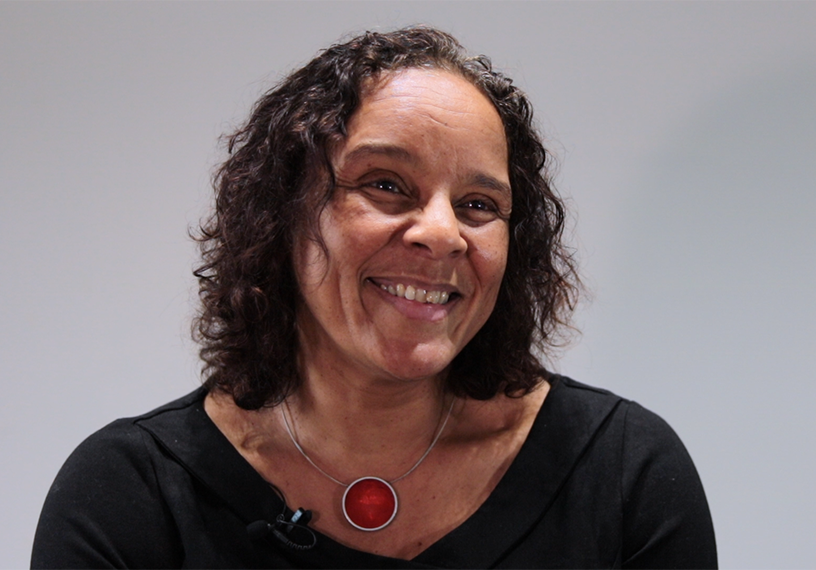Swarthmore Lecture 2022: Listen to the racialised and oppressed for answers
Racism and colonialism have caught us in a vicious spiral that will destroy us all unless we do something to stop it, Professor Helen Minnis told Quakers at this year's Swarthmore Lecture.

Drawing on her experiences as a black female scientist in a field dominated by white men, Minnis said that oppression forced people to be more creative and agile.
We should stop thinking we have the answers to create a better planet, she said, and listen to the ideas of people who have not reaped the benefit of 500 years of colonialism, instead of excluding them.
Calling for a redistribution of resources, social and economic, Minnis said that for those on the underside of the economic divide, it is hard to move forward.[QUOTE-START]
It takes generations to build capital after slavery
- Helen Minnis
[QUOTE-END]
“It takes generations to build capital after slavery, piece work, or sharecropping. In the United States, modern white American families have nearly ten times the net worth of black families," she said in the annual lecture, organised by Woodbrooke, the Quaker learning & research charity.
Minnis, Professor of Child and Adolescent Psychiatry at the University of Glasgow, urged Quakers not to waste time on shame, and said two-dimensional racial categories did not “even begin to describe us."
She preferred, she said, Isabel Wilkerson's terminology of caste, an artificial hierarchy that determines who gets access to resources, and who doesn't.
“Unless we actively work to dismantle a system that maintains white people in a global leadership role, with a perceived right to extract wealth from countries that have already been made poor, we will continue to inadvertently act against our testimonies," she said.
She suggested that those with resources, social or economic, could invite other communities to benefit from those networks, for example in mentoring and supporting black and brown students.
Highly individualised societies in the West “have such plenty we have forgotten that it literally takes a village to raise a child," Minnis said. But that plenty comes from poor and racialised black and brown people, who remain stuck in poverty, she reminded her audience.
Communities now share the entire planet, Minnis told the audience of 1,000 in person at Friends House and online, and must take responsibility for all our children, and that planet.
Minnis, a lifelong Quaker, delivered an empathetic talk, reflecting on how her background as the daughter of a white English Quaker mother and a black Caribbean father had enriched her life.
In keeping with the theme of collaboration, workshops will be held over the summer and contribute to a book on the lecture, to be published in the autumn.